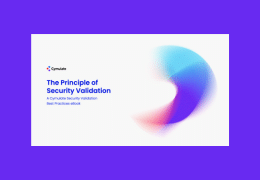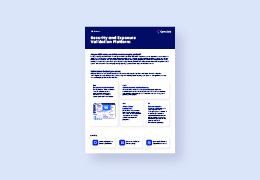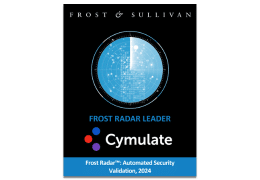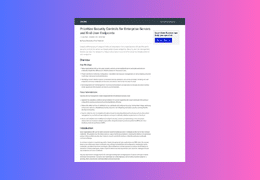When launched, the ransomware will encrypt all files except those ending with the .dll or .exe file extensions.
The ransomware will also not encrypt files or folders in the list below:
AppData
Boot
Windows
Windows.old
Tor Browser
Internet Explorer
Google
Opera
Opera Software
Mozilla
Mozilla Firefox
$Recycle.Bin
ProgramData
All Users
autorun.inf
boot.ini
bootfont.bin
bootsect.bak
bootmgr
bootmgr.efi
bootmgfw.efi
desktop.ini
iconcache.db
ntldr
ntuser.dat
ntuser.dat.log
ntuser.ini
thumbs.db
Program Files
Program Files (x86)
#recycle
When encrypting files, Night Sky will append the .nightsky extension to encrypted file names.
In each folder a ransom note named NightSkyReadMe.hta contains information related to what was stolen, contact emails, and hard coded credentials to the victim’s negotiation page.
Instead of using a Tor site to communicate with victims, Night Sky uses email addresses and a clear web website running Rocket.Chat.
The credentials are used to log in to the Rocket.Chat URL provided in the ransom note.
A common tactic used by ransomware operations is to steal unencrypted data from victims before encrypting devices on the network.
The threat actors then use this stolen data in a “double-extortion” strategy, where they threaten to leak the data if a ransom is not paid.
To leak victim’s data, Night Sky has created a Tor data leak site that currently includes two victims, one from Bangladesh and another from Japan.
After reverse engineering the malware, Jiří Vinopal – forensic analyst at the Czech Republic CERT, discovered that Night Sky is a fork of the Rook ransomware.





